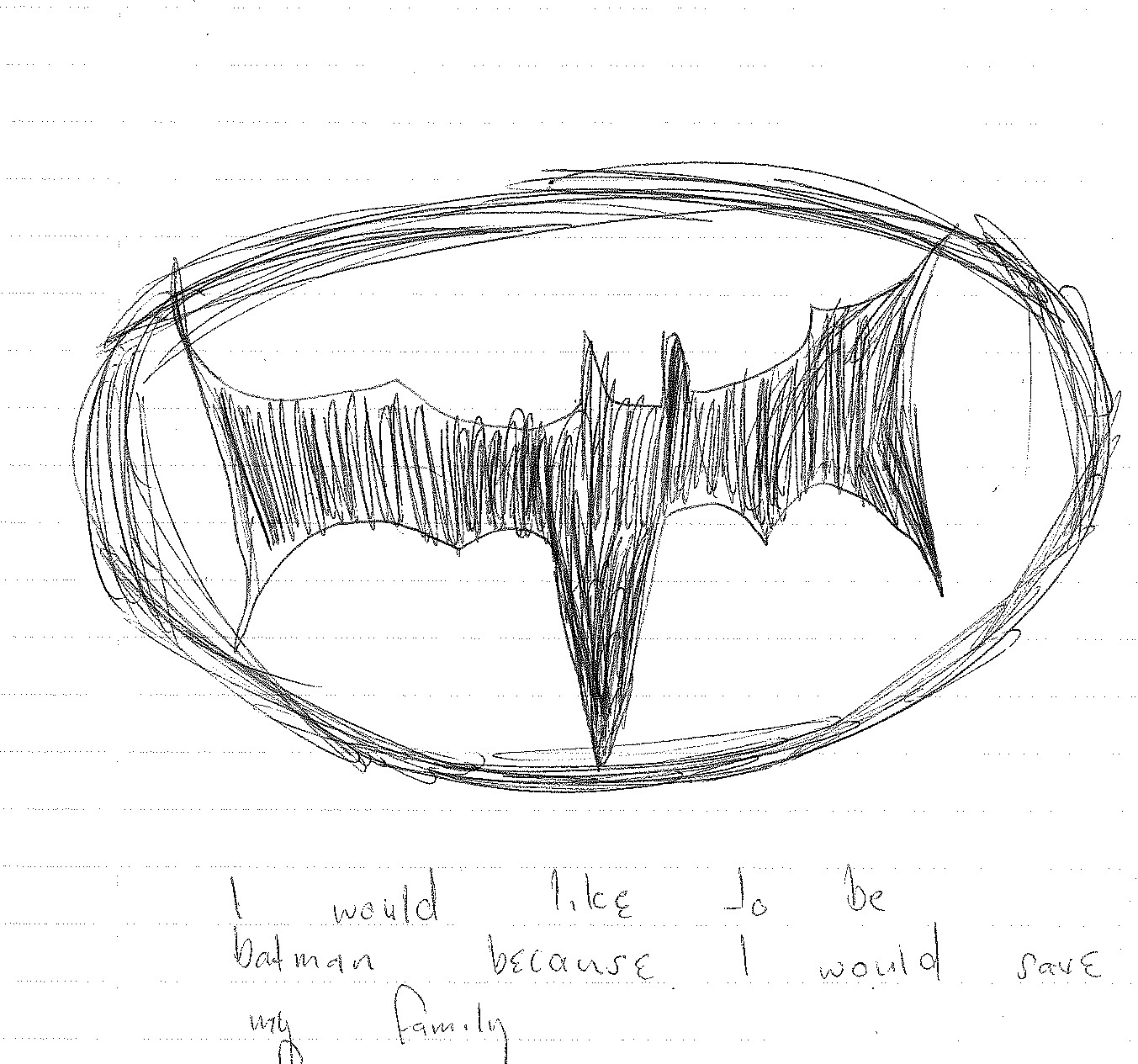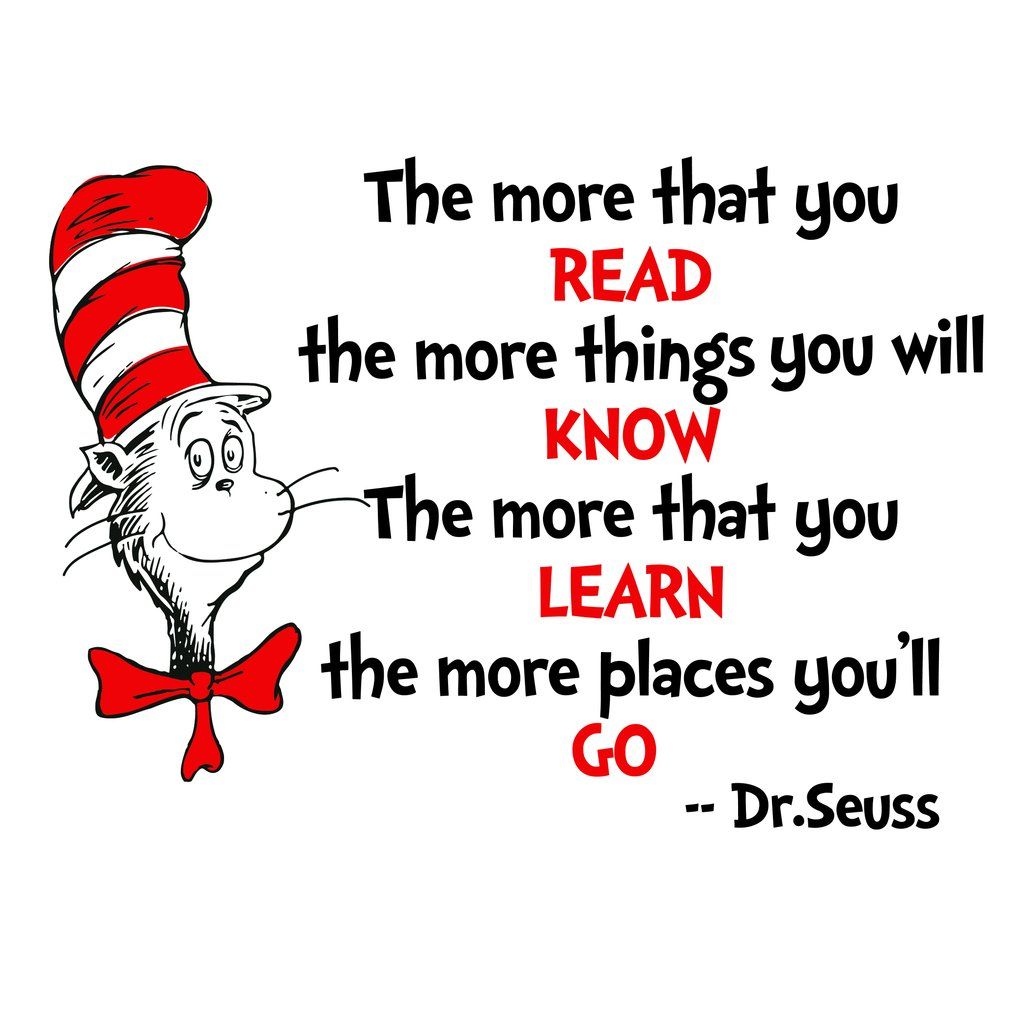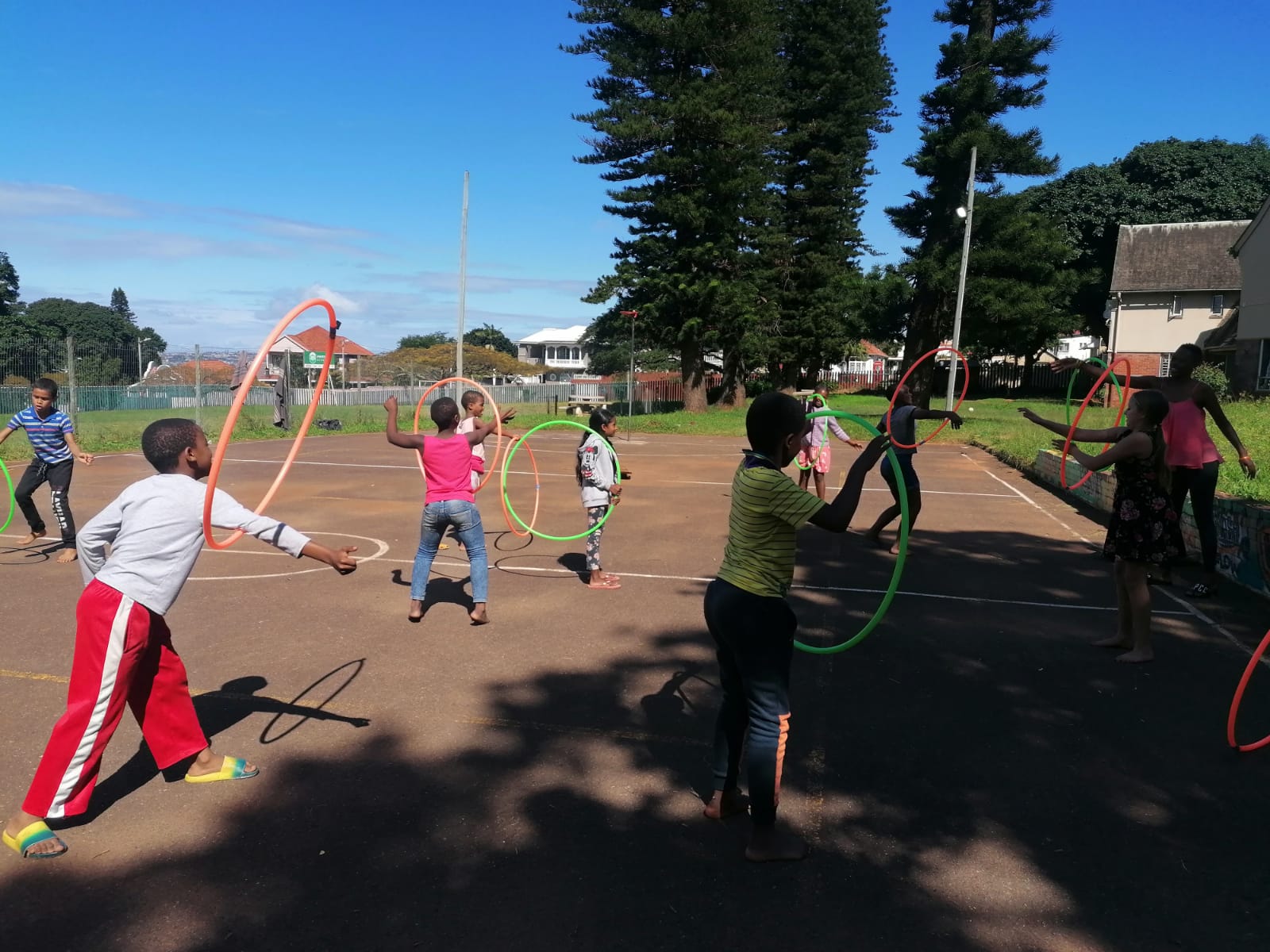
Apr 25, 2023 | Blog
‘God gave us two ears and one mouth, so we can listen twice as much as we talk’.
Listening is an important part of communication because it allows for a better understanding of the message being expressed. With listening comes understanding and the end result produces learning. It’s important to teach your child listening skills and here’s the reasons why:
- Good listening skills gives them the ability to develop speech and language skills.
- It will help improve their ability to read and learn.
- It will give them the ability to follow verbal instructions at school.
- It will give them the ability to socialize and communicate effectively with others.
- Overall good listening skills will help them cope in general at home and at school.
Here’s a useful link of listening games that you can play with your child to help them with their listening skills – Listening Skills Games – Activities to Strengthen – Good Sensory Learning

Mar 30, 2023 | Blog
I doubt there’s one of us who at some stage or another hasn’t daydreamed of being a superhero….the definition of a superhero/superheroine according to Wikipedia is, ‘a stock (ordinary) character that typically possesses superpowers, abilities beyond those of ordinary people, and fits the role of the hero, typically using his or her powers to help the world become a better place, or dedicating themselves to protecting the public and fighting crime.’
Now we all know from the countless superhero stories we’ve been exposed to over the years, that the superhero is usually someone who is unassuming, down to earth and lives an ordinary life, but when their special powers kick in, become larger than life and strong enough to take on countless challenges. There are lessons that can be learnt from these fictional characters and applied to daily life, lessons which children especially find relatable……who can forget the famous line in one of the Spiderman movies; ‘’With great power comes great responsibility”….
Superheroes are strong in the face of danger – In life we all experience moments of danger, both physically and emotionally. Fear is a human response, however each of us possesses the power to rise above our fear and stand strong in the midst of threat. We often forget that the superpower we have is the help and support those around us.
Superheroes fight for a cause – They fight for what they believe in! If we believe in something and work hard at it, we have the power to achieve anything! The superpower we have is holding onto our dreams and never giving up on them regardless of how distant or impossible they seem.
Superheroes are not liked by everyone, they have enemies – From a young age we come to realise that not all people are going to like us. That some people have bad and evil intentions. Self-confidence gives us the power to brush off the negativity from others. The superpower we can draw on is knowing that we are special and unique, that the right people will love and appreciate us for who we are and that we can be good and do good in the midst of all that is bad and evil.

Mar 2, 2023 | Blog
As I write this post, I am reminded of a recent conversation I had with one of our staff members. She has a nine-year-old daughter who is an avid reader. She also has a three-year-old daughter who enjoys being read to. The little one also likes making up her own stories just by looking at the pictures. Apparently, some of her stories often sounded much better than the actual story.
So my colleague related how one Friday afternoon she had to take her eldest daughter to the library to do some research on a school project. On previous library visits she would leave her little one at home with her husband, but this time she decided to take her along. Apparently the facial expression of this little girl when she walked into the library for the first time was Priceless! She kept saying “Wow….wow……wow!”. She was in complete awe and amazement that this place with SO many books existed. She was so excited, that she didn’t know where to start, rushing from one shelf to another. As I listened to this story, I could almost feel her excitement…….Is it not interesting that in this day and age of digital access to all types of resources, that books, books made of paper, still have the power to appeal to children.
Dr Seuss put it nicely when he said, “The More You Read The More Things You Know. The More That You Learn The More Places You Will Go”.
I wish people realised how important reading is for children and adults alike. Reading opens our mind and broadens our imagination. It transports us from our own world to another. We can also learn new words and phrases, experience a range of emotions, and acquire new skills and gain more knowledge.
As parents and caregivers, we should be looking for opportunities to encourage our children to read often. Reading is exercise for the brain. Reading can benefit a child’s education, social and cognitive development, their wellbeing, and overall mental health. Below is a list of more benefits of children reading:
- Their vocabulary becomes larger and more extensive.
- They will perform better academically.
- Their imagination can run wild.
- Their creativity skills develop.
- They develop empathy.
- They gain a deeper understanding of their world.
- Their concentration levels improve.
- The parent and child bond improves as you spend time reading to them.
- Their cognitive development is supported.
- Their social skills and interaction improve.
This is one of the reasons why we always encourage reading at the centre. We are so blessed and grateful for the resource of having mini libraries setup for our children. We are also in close proximity to the Municipal library. In closing I would like to say that to be a good leader you must first become a good reader!
Feb 3, 2023 | Blog
Here at DCYCC we believe in fresh starts. The Developmental Approach which we subscribe to has as one of its principles the premise that all, ALL people have immense potential to be whole and effective within their daily life, and when given the required support and resources you are able to change.
Now many of us who make our annual resolutions at the dawning of the New Year know just how difficult it is to change our behaviour, even when we know how damaging a particular habit is. Dwelling on how many times we fail to keep the resolutions made is discouraging and completely unhelpful. Squaring off against the behaviours, habits, thoughts, feelings, that hold us back from being the people we want to be, is especially hard when our history tells of our continuous failures.
Because we believe that change IS possible, we create an environment that encourages our children to face those things that hold them back. A clean slate, the opportunity to start afresh is often all the encouragement needed to take that first step towards seeing self and the world differently.
Let us be kinder to ourselves and others this year; wipe the slate clean and give yourself and others a fresh start.

Nov 29, 2022 | Blog
As with previous years, this year has not been without challenges. Challenges invariably call for some form of action from us. We can run and hide, or stand firm, facing the challenge head on. Child care requires that we work developmentally with children and each other as a staff team. One of the guiding principles of the developmental approach is to view challenge, in its many shapes and sizes, as opportunity for growth. And so, as we as an organisation pause to reflect on the year past and look to planning for the New Year, we felt that you might find it interesting to hear of some of the lessons learnt.
- We learnt through our efforts that group remedial work is helpful but not always the most effective. Covid restrictions brought to the fore the many struggles our children experience with academics. Funding allowed for professional individual tuition which provided significant assistance, not only for exam preparation but more importantly addressed gaps in understanding work. The results of those who used the opportunity has been encouraging.
- A little persistence and useful investigation can change a story. This was proven when our social workers responded to a lead that the biological father of one of our youngster’s was in fact still alive and unaware that his son was in care. With perseverance, some detective work, and burning hope, one clue led to another which resulted in us reuniting a father with his son!
- Sometimes help comes in unexpected ways. Miracles happen, and prayers are answered through unanticipated channels, as was the case when a donor visited to help share some light at the centre during loadshedding, with emergency lights and left also having opened the door for our teenagers to access an online leadership course.
- The way you treat people is important. Good manners, kindness and respect make an impression on people. Maintaining relationship with all our donors and friends, irrespective of the size of their donation, with a smile, sincere thank you or courteous email makes an enormous difference. We all know that giving should not be done with the intent to getting something in return, however we all want to feel that our efforts are appreciated.
- Children with emotional wounds often express their pain through aggression, defiance, self-harming, and blatant disrespect for others. Focussing on the hurting child behind the negative expression of pain is a challenge that requires professional responses delivered with genuine concern and a caring heart. To see or hear from those who were once in our care, embracing life, with all its ups and downs, makes facing the challenging behaviour of children so very worthwhile.
We trust that sharing our learning from these few challenges will challenge you to reframe your challenges and see the opportunity for growth that lie in each and every one of them.
Best wishes to you and your loved ones for a blessed and safe Christmas and a prosperous New Year!

Oct 27, 2022 | Blog
Covid restrictions caused both children and adults to adjust to a lifestyle deprived of healthy activities. Remember that going for a run or playing a contact sport wasn’t possible when Covid hit. And even after the restrictions eased, some people suffering from post covid anxiety just naturally refrained from physical activities that required mingling with large groups, whilst others struggled to break unhealthy, comfort eating patterns that had developed.
During this time, I saw first-hand how this affected children in general. Physical Education was suspended in schools and parents were fearful to send their children outdoors to play where they might have come into contact with others.
To promote and maintain good health, children need at least an hour of physical activity each day – either structured or free play. Younger children need even more. According to a qualified children’s health program planner, encouraging children to be active has a number of physical, mental and social benefits.
With Summer on our doorstep, we thought it may be helpful to share some of the ways in which we encourage our children here at the child and youth care centre to develop a healthy attitude to life.
- We get them to drink lots of liquids, preferably water, as its important to keep hydrated during the hot summer days in KZN.
- We are really lucky to have a wide range of bright and tasty fruits during this time of the year, think oranges, mangoes, litchis, grapes, etc. A healthy, well-balanced diet supports brain development and eating plenty of fresh fruit boosts overall performance both in and out of school.
- Regular exercise helps in the development of basic motor skills, building of muscle, strengthen nof bones, reduces the risk of illnesses, and improves sleep and mental focus.
These are just a few ideas of fun activities to get them started:
- Running or fast pace walking
- Playing sports; soccer, cricket, basketball
- Swimming
- Have a dance party
- Go treasure hunting
- Skipping or hopscotch
It doesn’t matter what the activity is, the end goal is to stay active, so be creative! And the advantage of using these ideas to stay active and healthy is that it doesn’t cost a lot.





